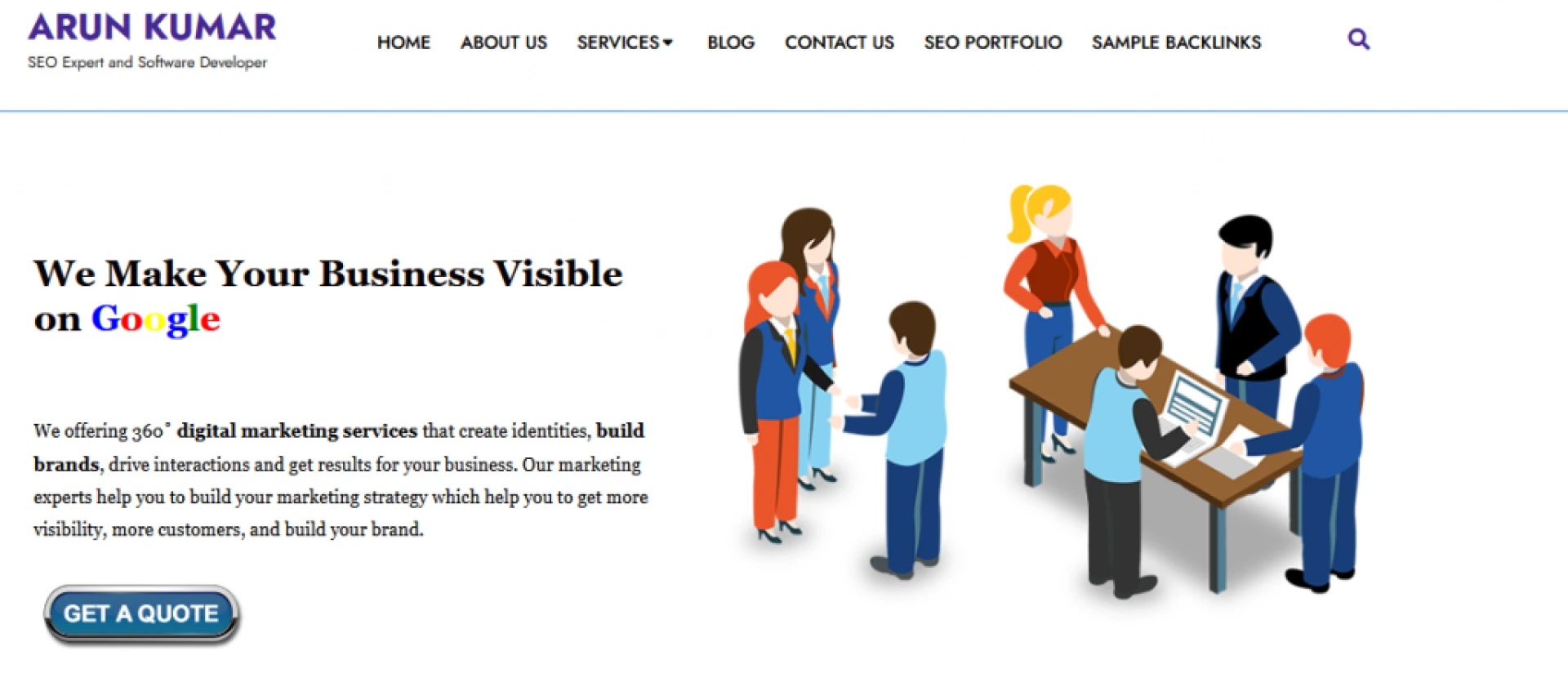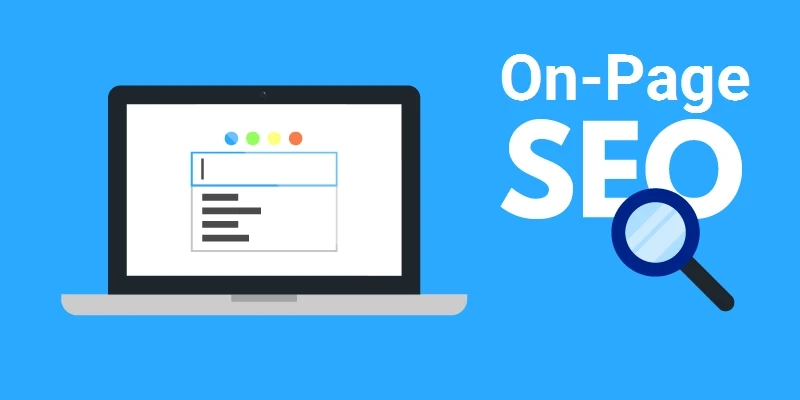It looks at the general experience a person has when they first land on a page. Because the core of the web is critical to updates, Google pays close attention to a page\'s first impressions, such as its speed and the time people interact with the page.
It wants to identify content that is relevant to the query, which means that it examines the keywords and phrases used in the material. She also wants to see how people deal with the content. This will show if people who end up on the site find it helpful.
Now that you know what SEO Expert is on a site, you can rate the performance of your sites. You can use a tool to check your website, or you can view separate pages according to your preferences. Whatever you look at, you should use these criteria as the basis for on-page optimization.
[caption class="snax-figure" align="aligncenter" width="1140"] [/caption]
[/caption]
On-page SEO ensures that your site is read by potential customers and search engine robots alike. With a good online SEO, search engines can index your websites, understand how your website navigates, and structure the content of your website to rank it higher.
Speaking of links: Links to related pages on your site are also an important factor in SEO on the site. Links between different relevant pages of your website make it easier for search engines to search these links and keep visitors busy.
If you have multiple pages for the same keyword, you are competing against yourself. Addressing certain terms on multiple pages can lead to cannibalization of keywords, which can have disastrous consequences for your SEO. The more pages you target for a keyword, the better you will rate it. It is important to know if there are cannibalizations of keywords on your website and how to fix them.
Fresh content and dynamic content is a good idea, but only possible on a one-sided website. If you are not convinced, you can always create multiple pages on your website. Now that you understand what a single-page website is, SEO is more difficult and limited. You have a page in the search results, a page with a canonical link, and a page that must be ranked if you want to rank.
There is no reason not to like one-sided website SEO. It is difficult to implement SEO recommendations and analyze your efforts. It is difficult to calculate the average Google Analytics value per user. In addition, Google only tracks pages that are judged by articles.
It makes it as easy as possible for searchers to find what they are looking for. Once you\'ve covered everything people want to know about your site, even if they don\'t find it, they\'ll press the back button and look for pages that are clear and easy to digest.
If you are not ranking as well as you would like, and you are not sure why it is worth taking a look at what you are missing on your side. There are a few ways to do this. Create Quality Backlinks and focus on only Contextual Backlinks.
One-sided SEO strategies mention other important elements that are crucial to the success of a website. Optimizing these elements is key to maintaining a one-sided strategy. There are three main ways to do this: metadata, writing content, and internal links.
Content marketing is just as important as any other area of marketing. Google has outlined guidelines for websites and businesses to create content that is "edible" for Google results. This means that the content should be knowledgeable, authoritative, and trustworthy. This is not a specific ranking signal for one-sided SEO content.
Great SEO factors in the number and quality of backlinks to your site. This score, also called Domain Authority, calculates how authoritative your website is compared to other websites. You can enter your domain name to see your score.
Your URL should be self-explanatory. In other words, the user does not have to interpret what you have posted on the site. Use headings instead of page URLs and do not recommend page URLs if they are too long for the reader to remember and retrieve them.
Remember, if for any reason you have duplicate content, you need to inform the spiders and not index to avoid search engine penalties. Disclaimer: If a page has duplicate content that needs to be addressed, you have the right information, you just have to get it right so as not to lose any search engine juice.
Do not repeat keywords in your URLs. If you haven\'t changed the old URL, you should plan to redirect it to your new one. If not, change your current URL, even if it contains keywords.
For best results, your meta description should be 160 characters long. Add your core and related keywords to the description to get the best results. In fact, Google is in the process of greasing up user search terms that appear in the meta description, so there is no reason to optimize them for SEO sites.
Overview User Experience Optimization One-sided SEO starts and ends with the user. Let\'s start with the most important aspect of content marketing: the optimization of the user experience. It starts with the keywords and phrases that refer to what users are looking for.


